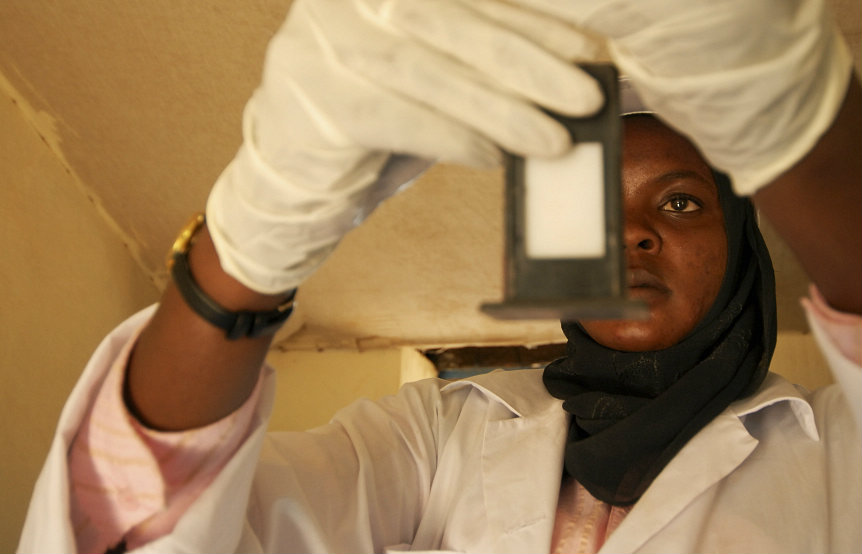By: Mićo Tatalović
Send to a friend
The details you provide on this page will not be used to send unsolicited email, and will not be sold to a 3rd party. See privacy policy.
[COPENHAGEN] Science policy is one of the main streams of sessions here at Euroscience Open Forum 2014 (ESOF2014) in Denmark, a biennial science meeting. And, within that stream, issues around how best to provide scientific advice for evidence-based policymaking have featured prominently.
We saw the launch of the first European Science Advisers Forum, led by Anne Glover, chief scientific advisor to the president of the European Commission, José Manuel Barroso.
This is one of only a few such forums for scientific advisors to exchange ideas and practices, and coordinate their actions, joining the Carnegie Group of Science Advisers (for rich nations), and the Chief Science Advisors’ Meeting of the Asia-Pacific Economic Cooperation (APEC).
And Peter Gluckman, chief science advisor to the New Zealand prime minister, introduced another one of these affairs: an upcoming meeting of science advisors, with representatives from more than 40 countries scheduled to attend. Science Advice to Governments: A Global Conference for Leading Practitioners is scheduled to take place in Auckland, New Zealand, between 28-29 August and Gluckman hopes it will become a regular meeting where practitioners can learn from each other.
“There are ways of gathering evidence that can influence very, very exciting policy development.”
Naledi Pandor
APEC’s scientific advisors will hold their second meeting there, and Gluckman expects there to be a special focus on addressing the gap between the need for science advice and lack of scientific expertise in developing nations — especially small island developing states. Issues to be discussed will range from science diplomacy to the role science plays in trade disputes, he said.
Science advice is becoming more important to a variety of interlinked social challenges and marks a step up in the world of scientific advice, Gluckman said.
For example, Lidia Brito, regional director for the sciences in Latin America and the Caribbean at UNESCO (UN Educational, Scientific and Cultural Organization), said that the draft text of the UN’s Sustainable Development Goals (SDGs) still lacks science and a focus on funding and building capacity in science. It is up to the UN’s scientific advisory board to change that between now and the final approval of the SDGs, she said at a plenary lecture.
Naledi Pandor, South Africa’s science minister, told a session that evidence-based policymaking is important for a society such as hers, which is still plagued by various problems including poverty and job scarcity.
But she said there were positive examples that “indicate there are ways of gathering evidence that can influence very, very exciting policy development”. South Africa’s policy responses to tuberculosis and to HIV/AIDS transmission from mothers to children are two such examples, she said.
And commenting on TB policy in South Africa, she said: “Really, it’s the scientists who are driving policy in this arena, supported by the government.”
A growing use of research in evidence-based policies suggests that a “turnaround is beginning to occur in the way our politicians see our scientists”, she said. “We have begun to see a quite exciting forward movement.”














